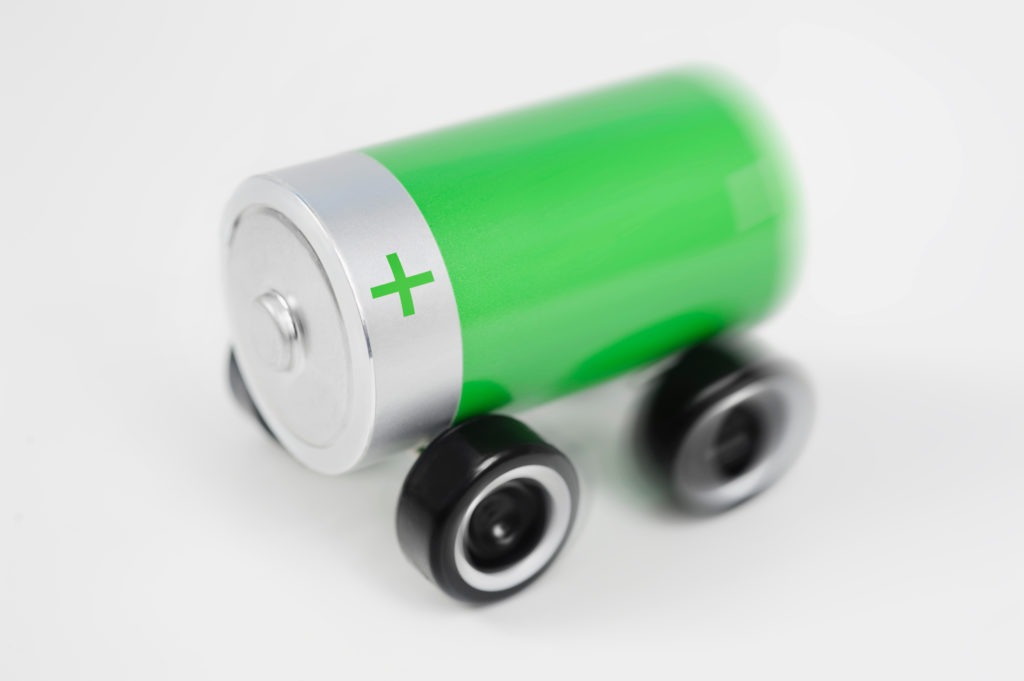VW develops new EV battery repair concept to allay fears over expertise and costs
12 April 2017

12 April 2017
Whereas electric vehicle (EV) battery costs are coming down and will continue to do so as the technology improves and economies of scale kick in, their high costs still render EVs expensive to buy new. Buyers are further deterred by the availability of service, maintenance and repair (SMR) facilities and an expensive bill should the battery fail. As Volkswagen (VW) forges ahead with its EV and battery development plans, the company is seeking to address these issues with a new battery repair concept.
VW has given the latest e-Golf a better battery and a more powerful electric motor in order to achieve a range of 300 kilometres, which will help to reduce range anxiety among potential buyers. Nevertheless, the durability of the battery has not changed and, although it has a warranty of eight years, fears remain over SMR expertise and costs. The technical project leader for electric vehicles at Volkswagen, Tim-Martin Scholz, has discussed the company’s new repair concept for electric cars with German trade journal Auto Service Praxis (ASP).
Discussing the capacity of the battery after eight years, Scholz said; ′That depends strongly on how the battery was used. We recommend our customers above all to recharge the battery slowly. This also applies at home when the vehicle is charged overnight. According to internal studies, around 90 per cent of all EV customers are recharging overnight at their place of residence.’
Should the battery develop a fault within the eight-year warranty period, Scholz said that; ′We developed a repair concept for the battery and offer the customer the possibility to analyse the battery purely electrically. So we can first find out if something is wrong with the battery. In the event of a defect, we have sites which can repair the battery and, if necessary, replace individual modules.’ However, this service is currently only available at authorised VW service centres according to Scholz, as ′special electricians with experience in high-voltage engineering are required for the repair.’
ASP also pointed out that ′BMW offers with the i3 the possibility to replace the battery with a newer model with higher capacity‘ and asked whether this would also be possible with the e-Golf. Scholz replied; ′Of course, we also looked at and evaluated this case. A battery exchange involves high costs, we are talking about a high four-digit amount for the battery alone. In our opinion, there is not an economically viable business case that would have been acceptable to our customers. Moreover, the remaining vehicle technology would remain unchanged, which would have led to an unacceptably long charging time for the customer. So we decided against it.‘